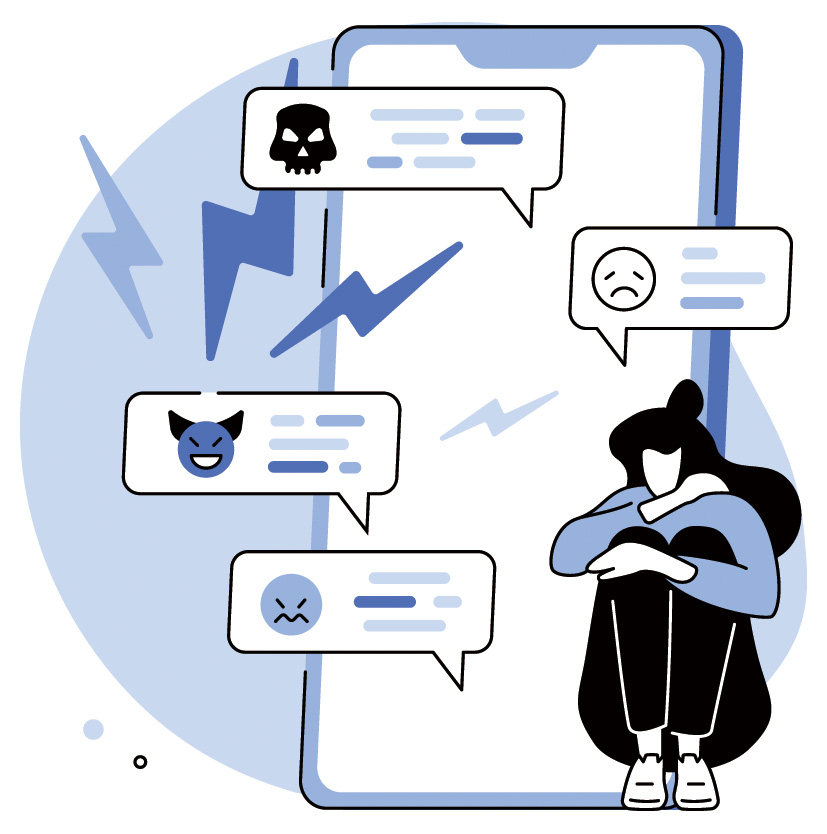
About 1 in 5 teenagers in South Korea have been subject to online abuse, a recent survey by state-run think-tank found Sunday.
The National Youth Policy Institute conducted the study in November on 1,038 teens here, comprising of 508 middle school students, 507 high school students and 23 teens not attending schools. Some 20.1 percent of the respondents said they had been insulted, generally hurt online in the past six months, while 3 percent said they have been subject to cyberbullying over 10 times.
As for specific forms of abuse, 12.2 percent said someone had left them unwanted messages via email, instant message or social media despite their protest, while 10.7 percent experienced others blocking them from participating in online or mobile chat rooms. About 10 percent were forced to do unwanted action or errand online.
The same survey showed that 26.4 percent of the respondents admitted to partaking in cyberbullying.
Abuse occurred most frequently by the hands of friends, 32.8 percent, followed by a stranger (29.4 percent), and "a person who I came to know online."
Researchers found that teens most commonly use smartphones for three to four hours during the weekdays, with 21.5 percent of them responding so. About 40.1 percent said they use the device for over six hours during the weekend.
They also found that teens thought they are frequently exposed to violent or content online, with 61.5 percent saying they are exposed to such content on YouTube and 54.7 percent saying such exposure occurs on streaming services.
South Korean authorities have been voicing concerns over cyberbullying prevalent among the youth population in the country. Past surveys have shown that teens are nearly twice as more likely to be subject to cyberbullying than adults.
Some 29.2 percent of the teenagers in the survey said they experienced cyberbullying, compared to the 15.7 percent among adults, in a joint study by the Korea Communications Commission and the National Information Society Agency in 2022.



















